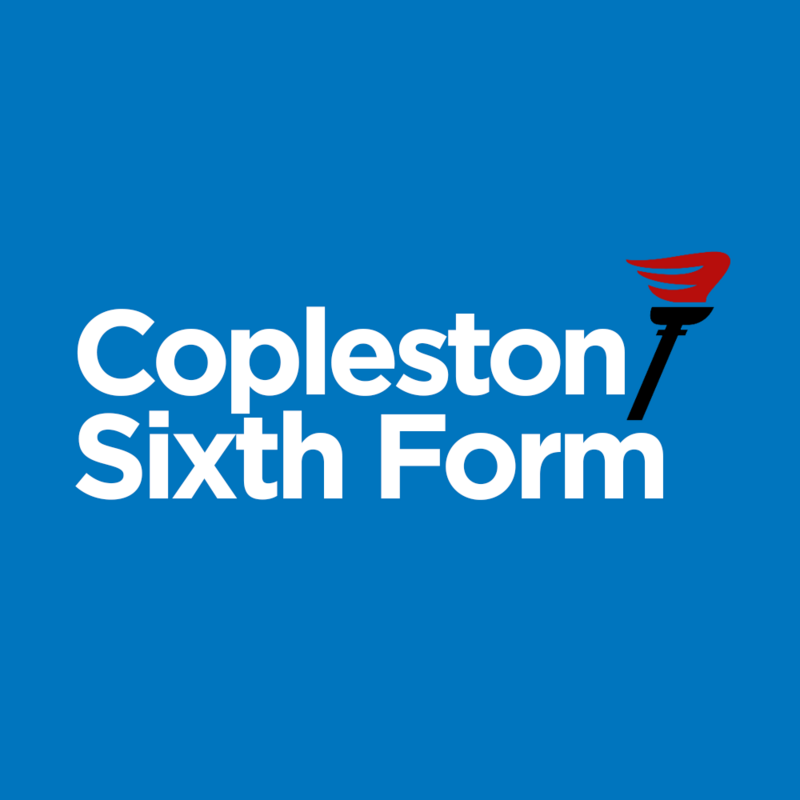
As part of A level Further Mathematics, students’ study four modules, two pure and two applied modules. The first pure module covers areas such as proofs, complex numbers, matrices, further calculus, and further vectors. The second pure module delves further into complex numbers and calculus, as well as introducing new areas such as polar coordinates, hyperbolic functions, and differential equations. The third module is an applied module and is based on Decision Mathematics which involves general ideas of algorithms, graph theory, critical path analysis and linear programming. The fourth module is another applied module and is based on Further Mechanics 1 which covers areas such as momentum and impulse, collisions, work, energy, and power, elastic strings, and springs as well as elastic collisions in one and two dimensions.
Centre requirements and, in addition, at least a grade 7 at GCSE Mathematics
Students doing A level Further Mathematics will be assessed at the end of the two year course through two examinations on Pure compulsory content and two examinations on the optional content which contains the applied modules. All examinations will be an hour and a half long. There will be interim assessments throughout the course over the two year period
About Education Provider
| Region | East of England |
| Local Authority | Suffolk |
| Ofsted Rating | Good |
| Gender Type | Co-Educational |
| Address | Copleston Road, Ipswich, IP4 5HD |
As part of A level Further Mathematics, students’ study four modules, two pure and two applied modules. The first pure module covers areas such as proofs, complex numbers, matrices, further calculus, and further vectors. The second pure module delves further into complex numbers and calculus, as well as introducing new areas such as polar coordinates, hyperbolic functions, and differential equations. The third module is an applied module and is based on Decision Mathematics which involves general ideas of algorithms, graph theory, critical path analysis and linear programming. The fourth module is another applied module and is based on Further Mechanics 1 which covers areas such as momentum and impulse, collisions, work, energy, and power, elastic strings, and springs as well as elastic collisions in one and two dimensions.
Centre requirements and, in addition, at least a grade 7 at GCSE Mathematics
Students doing A level Further Mathematics will be assessed at the end of the two year course through two examinations on Pure compulsory content and two examinations on the optional content which contains the applied modules. All examinations will be an hour and a half long. There will be interim assessments throughout the course over the two year period